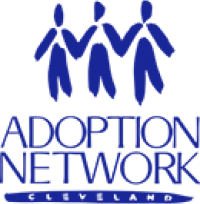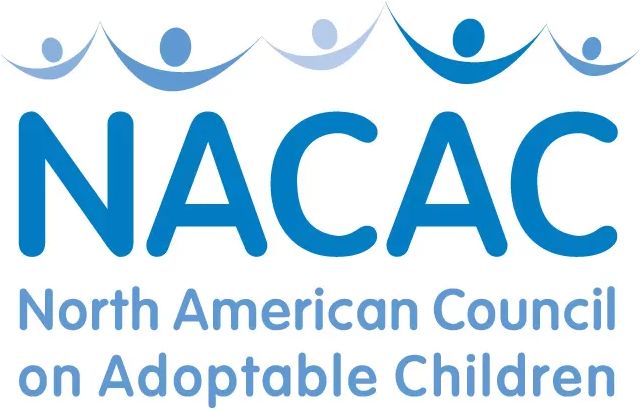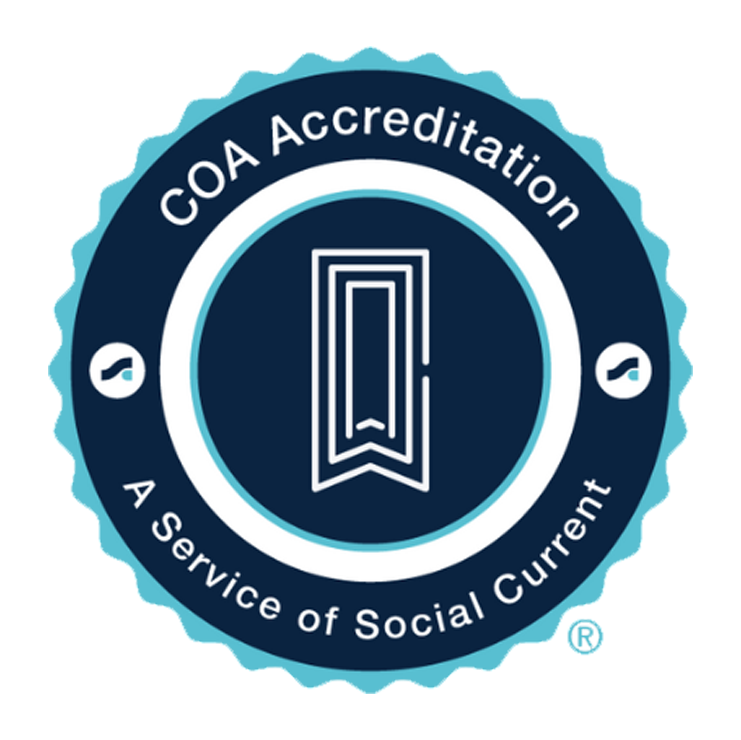Every child.
Every family.
Every step of the way.
Caring for Kids cares about children, youth, families, and communities. We strive to cultivate a diverse and inclusive environment that allows our clients and our staff to be their whole authentic selves.
what keeps us moving
ABOUT US

Caring for Kids, Inc. (CFK) is a private, non-profit, full-service adoption and foster care agency operating since 1995. CFK specializes in diverse and inclusive birth parent, foster care, adoption and behavioral health services.
Our Mission
what keeps us moving
ABOUT US

Our mission is to surround those impacted by adoption and foster care with compassionate and competent care.
Our vision is to care for every child, every family, every step of the way, through integrity-based, client-centered, and trauma-informed services that C.A.R.E.
Celebrate Uniqueness
Advocate for Equity
Respect Differences
Empower All Voices
Advocate for Equity
Celebrate Uniqueness
Respect Differences
Empower All Voices
How can we help?

Expectant Parents
If you are considering adoption, we would love to offer you education and support as you explore your options. You don't have to deal with a crisis pregnancy alone.
PROGRAMS
Frequently asked questions
Is it ever too early or too late to contact you about adoption?
No. Caring for Kids has worked with moms who have contacted us when they’ve first found out they’re pregnant, during the pregnancy, from the hospital after they’ve delivered, and even a few months or years after delivery. If you’re considering adoption for your child, every situation is different and there is never a wrong time to reach out and get more information.
Will placing my baby for adoption cost me money?
There is no cost to biological families exploring the option of adoption. All costs associated with adoption are covered by the adoptive family, including prenatal and delivery medical expenses. Counseling, agency, and attorney fees are all covered by the adoptive family as part of their total adoption cost. Adoptive families are informed of this when they begin pursuing adoption.
Is there any financial help available to me?
There is financial assistance available. Ohio law allows assistance for pregnancy related living expenses. Such expenses may include help with groceries, gas, clothing, rent, and utilities. Living expenses must be distributed by the adoption agency or the attorney arranging the adoption.
Can my adoption plan be created confidentially and privately?
Yes, ultimately you make the final decision on who is involved and aware of your pregnancy and adoption plan. We will follow your lead and only discuss the adoption plan with those you approve of. Your wishes to keep information confidential are honored by the professionals working to support you.
I'm not 18, do my parents need to be involved?
Although Caring for Kids encourages minors to inform and involve their parents, if you and/or the birth father are under the age of 18 you do not need permission from your parents to create an adoption plan. Birth grandparents do not have parenting rights in Ohio. Regardless of age, in the state of Ohio, birth parents are considered legally capable of making independent decisions concerning their child.
Will CFK try to pressure the me to placing my baby for adoption for adoption?
No. Our goal is not to convince you to make an adoption plan, but to educate you about your options so you can feel confident making an informed decision for your baby.
Can I change my mind about adoption after the baby is born?
You can change your mind at any point while creating an adoption plan, before or after birth, as long as nothing permanent has been signed. After the baby is born, legally you must wait at least 72 hours to sign these permanent legal documents. Additional time is always available if you need more time to make your decision.
What if my baby is already born?
It is not too late to make your adoption plan, even if you’ve already delivered. You can call or text us 24/7 at 330-294-9811. We have Birth Parent Counselors around the state who are willing and able to talk with you and meet with you, usually the same day! It also is not uncommon for us to work with parents considering adoption for a child they’ve been parenting. We are readily available to talk about options for your individual situation!
What makes my adoption permanent?
At least 72 hours after the birth of the baby, you can choose to sign your permanent paperwork with Caring for Kids. Once signed, this paperwork is irrevocable and your adoption plan is permanent. You do not have to go to court to complete this paperwork, we will meet with you wherever you are comfortable – the hospital, your home, our office, or another neutral location.
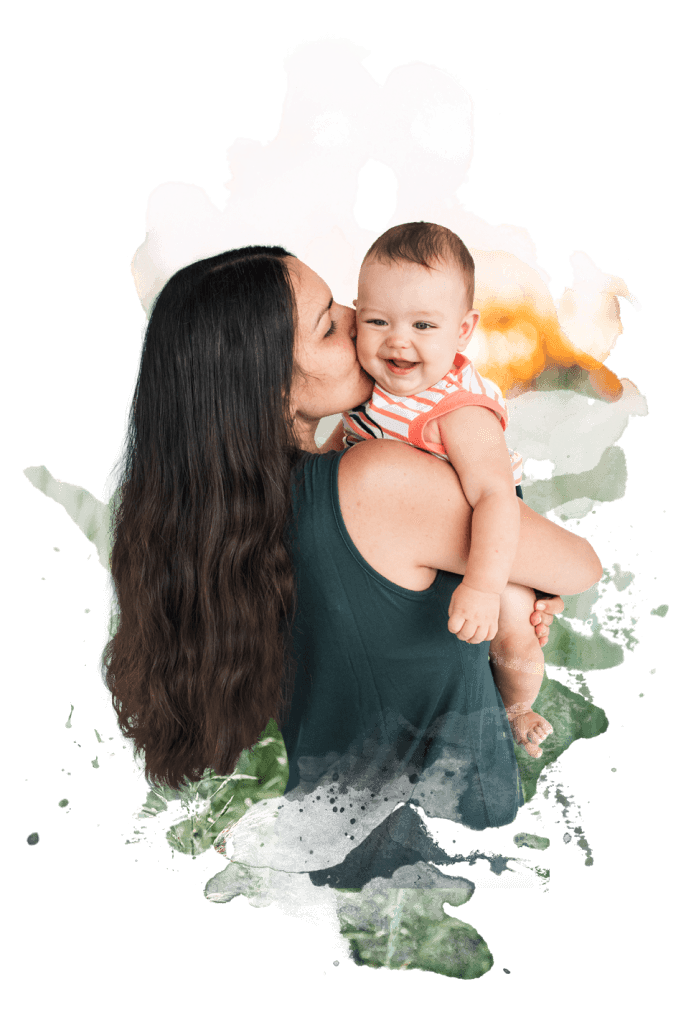
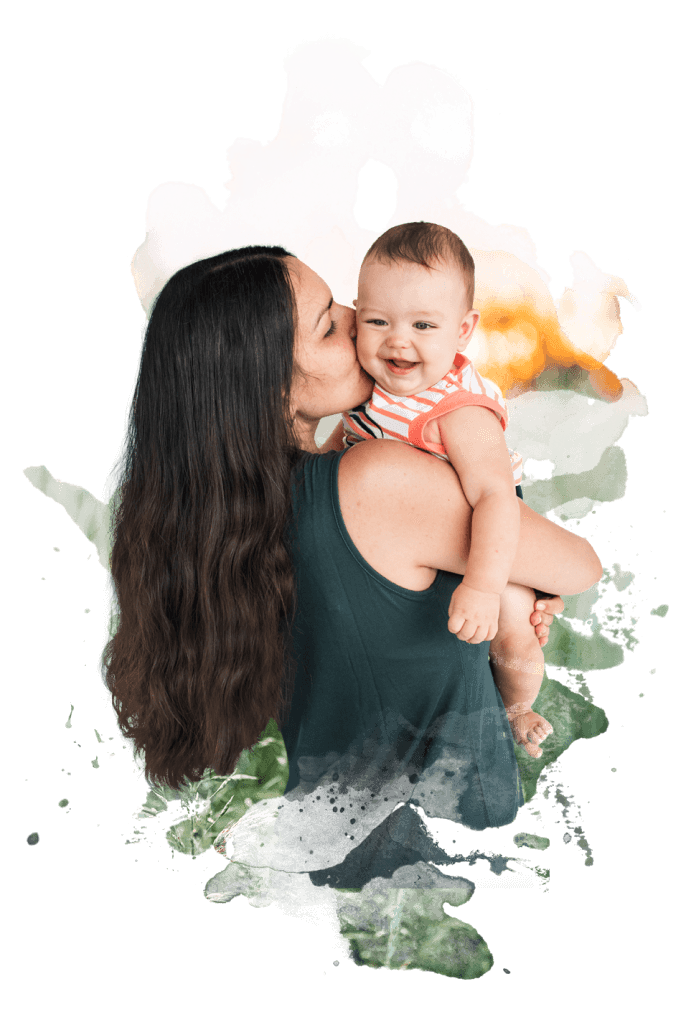
Adoptive Families
Becoming an adoptive parent is a great, life-changing experience. Adoption provides a loving, permanent plan for a child’s future and represents a lifelong commitment by the adoptive parent(s).
PROGRAMS
Frequently asked questions
How do children become available for adoption through the Public Child Welfare System?
Children are placed in the permanent custody of the county when reunification with their family is no longer an option. Some reasons include:
- Death or absence of one or both parents
- No other relatives or kin willing or approved to raise the child
- Parents not meeting their case-plan goals in order to provide a safe and stable home
How long will it take to adopt a child from the public system?
It will depend on the age range and characteristics of the child you are requesting to be matched with. The more open you are on your Child Characteristics Checklist, the more opportunities you will have to be matched, resulting in a shorter wait time.
What happens after I am matched with a child?
Shortly after being matched, the county will schedule a presentation meeting with you. At this meeting, the child’s complete record will be reviewed, and you will receive copies of all documents pertaining to the child’s case history. After this meeting, you have a 24 hour window of time in which to respond to the county regarding your decision to move forward (or not move forward) with the adoption. If you choose to move forward, a pre-placement visitation schedule and placement plan will be made. At this time, your family picture profile book will be shared with the child prior to your first visit together. The number and type of pre-placement visits prior to placement (day visits, overnights, weekends, etc.) will depend on the age and needs of your child. Once placement occurs, both the Caring For Kids’ post-placement worker and the child’s county worker will make monthly supervisory visits for up to six months. When the post-placement requirements are met, the adoption can be finalized in court.

Foster Parents
Right now there is an urgent need for foster parents in Ohio. Children are taken out of their homes due to abuse, neglect, or other family problems that endanger their safety. During this time of crisis, it is vital that children are provided with a safe, nurturing environment.
PROGRAMS
Frequently asked questions
Why are children placed in foster homes?
Children are placed in foster homes because they have been removed from their own families due to abuse, neglect, or other family problems that may endanger them. Their ages range from infancy through 18 years old, although, developmentally disabled foster children may be as old as 21. There are foster children that belong to every ethnicity and race. Some children are placed alone, while others are part of a group of brothers and sisters who need to be placed together. Typically, children in foster care have special medical, physical or emotional needs.
How are children matched with foster families?
There are many different factors taken into consideration when matching a child(ren) with a foster family. County and private agencies, like Caring for Kids, Inc., work together to find homes that best suit each child’s individual needs. A successful match between a child(ren) and a foster family can make all the difference in his/her life. Factors considered may include the capacity limitations of the foster family’s home, other children living in the home, if the child has siblings, the ability of the foster parent(s) to meet the child’s specific needs, whether or not the child has been previously placed in foster care and any special needs the child may have.
What information should I expect regarding a child who is placed in my home?
The custodial county agency must provide you with all available information regarding each child being placed in your home. If a child is placed in your home on an emergency basis, such information may not be known at the time of placement. Available information should include:
- Anticipated length of stay
- Health and medical history of the child
- Physical and/or behavioral problems
- The child’s relationship with his/her parents
- School and educational background
- A visitation plan
How can I help a child(ren) adjust to living in my home?
Experienced foster parents and social workers have several suggestions for new foster families welcoming children into their homes. Some suggestions are:
- Welcome the child(ren) with some kind of activity, when appropriate.
- Offer them something to eat. Let the child(ren) know if they can help themselves to food or if they need to ask first.
- Provide them with the name you want to be called. Don’t make “Mom” and “Dad” mandatory, consider other alternatives.
- Allow the child(ren) to unpack in their own time. Offer to help or simply let them know where to put their things, whenever they are ready to unpack.
- Provide the child(ren) with a place to keep personal possessions.
- Let them know it is all right to put a picture of their family or previous foster families in their bedroom. Stress that you understand how important these people are to them.
- Be sensitive to their feelings. Ask permission before hugging or touching.
- Avoid doing anything that conveys, “You’re not okay the way you are.” For example, do not try to change the child(ren)’s hair or clothing.
- Help the child(ren) settle into a regular routine as quickly as possible, but do not be disappointed if they do not respond right away.
- Give the child(ren) opportunities to talk to you, but do not pry into their past or criticize their parents.
- Respect their right to privacy. Never talk about a child when they are present, unless it is appropriate to include them in the conversation, for example, “Ms. Wilson, Andrew is doing so well at his new school!” This applies to conversations with agency workers, friends, or other children.
- Help them develop a sense of pride and accomplishment by giving them tasks within their abilities. Let the child(ren) know regularly how much you appreciate their help around the house.
- Praise them for little things.
- Use positive techniques, versus punishments, to help them learn to manage their behavior.
- Never threaten a child who misbehaves with removal from your home.
- Ask the child(ren) what they think foster care is and what they expect from you as a foster parent. Don’t make children answer if they choose not to respond. Give them time.
Should foster children be held to the same set of rules as the other children in the house?
Yes, absolutely! Like all children, foster children need limits and boundaries. Often times “rules” are informal and unspoken, however, for a new person entering your family’s world, it is often helpful to be given some basic family rules. Before any child enters your home, your family should sit down together to discuss the way you live on a daily basis, and ask yourselves what a new person would need to know in order to become a part of your family. After explaining the house rules to the child(ren), it is helpful to post a list on the refrigerator or provide an age appropriate handout. Foster children need to know that the rules in your house are consistent and predictable, this stability will help ease their adjustment and help them feel more secure.
What type of relationship will I have with the child(ren)’s parent(s)?
If possible, we encourage foster parents to meet and work as a team with the child(ren)’s birth parent(s). Often times, foster parents and expectant parents have unrealistic pictures of each other in their minds. These misperceptions can have a lasting, negative effect on the child. Children often feel better about themselves if they know their birth parent(s) and foster parent(s) are talking to one another and working together to help them return home. Ways to maintain a working relationship and engage the child(ren)’s parent(s) include:
- Praise and recognize decisions and activities related to positive parenting.
- Make scrapbooks or photo albums containing mementos for the child.
- Construct a family tree or a Life Book with the child.
- Send parents a birthday or holiday card.
- Discuss the child’s school activities/functions/conferences, social activities, relationships, behavior, health, social development, holiday plans, etc.
Are foster parents responsible for the transportation of their foster child(ren)?
Foster parents are expected to provide all routine transportation for their foster child(ren). This might include trips to the department store, library, school, or extracurricular activities. We understand, however, that foster children may have transportation needs that go beyond the routine, such as increased visitation with the birth family prior to reunification, psychiatric appointments, or special treatments. Transportation that is beyond the routine is eligible for reimbursement from Caring for Kids. Please contact our office for information regarding transportation and mileage reimbursement.
Can I adopt the child(ren) placed in my home?
If the child(ren)’s permanency goal is adoption and no relatives are interested, as the foster parent, you are entitled to have the opportunity to adopt the child(ren). The child(ren)’s permanency goal may already be adoption or it may change to adoption if/when the expectant parents surrender their parental rights. A child may also become available for adoption if the custodial agency took the case to court to terminate parental rights or if both biological parents have died. In any case, the child must be legally freed for adoption before an adoption can be finalized.
We highly recommend that foster parents be dually certified for foster care and adoption. County agencies are beginning to become very selective with first time placements of younger children. For families who are ultimately interested in adopting a younger child from the public system, being open to a foster or foster-to-adopt placement may be your quickest route to receiving a placement.
If I have a problem or concern related to the care of the child(ren) placed in my home, who should I contact?
You should call a Caring for Kids’ social worker with any problems or concerns you may have. Our social workers are responsible for assessing the service needs of the child(ren) and for keeping the custodial agency informed of the child(ren)’s situation. If you need help with handling a problem, are concerned about a child’s behavior, or need information about services do not hesitate to call our office. We also encourage foster parents to inform our social workers when something positive happens. We are here to put you at ease as well as celebrate each child(ren)’s victories, no matter how big or small!
There is a pet living in my household, is that okay?
Yes, having pets in the home is okay, however, all pets need to be up to date on their immunizations. In addition, foster parents should take special care to orient foster children to the animals on their farm or in their home. The children should be introduced to any restrictions involving their interaction with the animals right away.
Are foster care payments tax exempt?
Yes, according to Internal Revenue Code section 131. If you are providing foster care and receive qualified foster care payments, you do not need to list them as part of your gross income. Therefore, yes, they are exempt from income tax.

There are nearly 17,000 children in the foster care system in the state of Ohio alone!
Ohio has only 7,200 homes licensed as resource families to fill this need.
Be a part of the change and fill in the 58% gap by applying to be a foster family today
Choosing The Right Family
At Caring for Kids, Inc. we understand your desire to find the right family for your child. We believe adoption is a loving plan, and we will do everything we can to help you find a family that suits your needs. Members of our staff will meet with you to discuss in detail what you desire in an adoptive family.
If you have questions about our waiting families, please contact us. We’ll gladly provide you with more in-depth information regarding any of the families you see on our site or for information on additional families whose profiles have not yet been placed.
ADOPTIVE FAMILIES

Tiffany & Joe

Joe and I met in high school and grew up in the same neighborhood. We always liked each other and started dating in 2009. We eloped in a Las Vegas ceremony in 2011. Shortly after marriage, we started a family. We have a 10-year-old son named Jordan . He is funny, loves to play video games, make animations, cook, and make art/crafts. Jordan is loving, caring, and has exceptionally high emotional intelligence. He is gentle, kind, and considerate.

Sadie & Phil

We met in college in 2014 through mutual friends.At the time, Philip was studying to be a classical musician and Sadie was studying to be an Italian teacher. Our first date was full of laughter and feeling like we had known each other forever. We stayed at the restaurant until it closed and looking back, our story was only just beginning!We got married in 2020 and even though it was in the middle of the pandemic, we had an intimate wedding with immediate family and close friends. We’ve had many adventures together, and we’re excited to start this new chapter together!
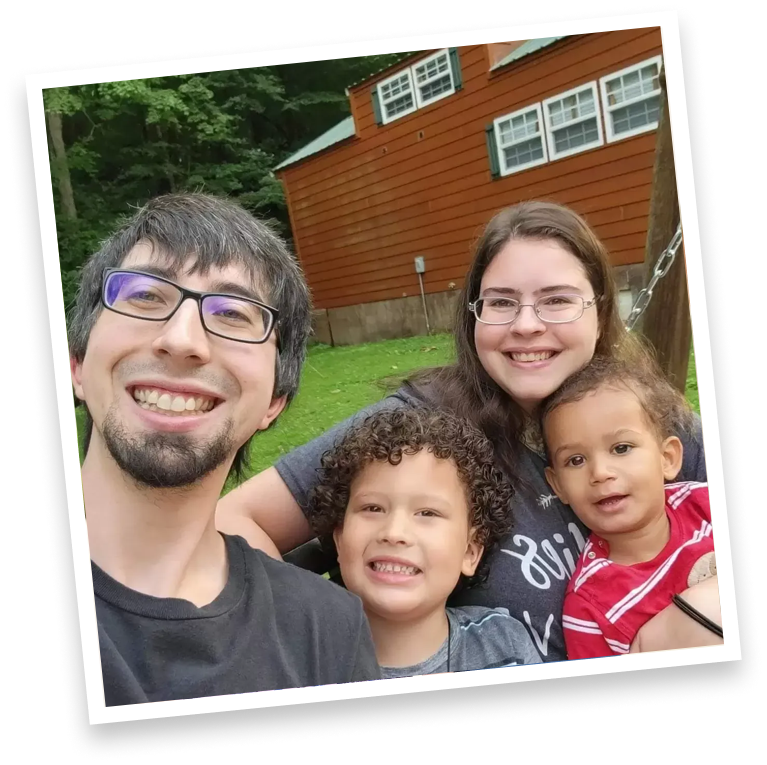
Mike & Jenn

We met in middle school when Jenn moved to town in the 6th grade.However, we did not begin dating until 2 weeks before high school graduation. We dated through college and got married in 2014. We always knew adoption would be a part of our family and had long discussions about it long before we were married. In 2017, our son Benjamin came to us through Caring for Kids and he was adopted in 2018. Our son Simon was born in 2020 and was adopted into our family in 2021. Our lives are really centered around the boys and family time. We love playing games, going hiking, and visiting all kinds of places together! We love being parents and cannot wait to welcome another little one to the mix!

Jason and Rachel

Hello Friend. We cannot imagine the strength and courage it takes for you to consider this decision and we want you to know that we admire and respect you for pursuing adoption. Thank you for taking the time to learn a bit about who we are. Whatever you decide to do, we know it will be the right choice for you and your baby.
What People Say
“When I had my daughter, she was a surprise as I had no idea I was pregnant. When my CFK counselor came to speak with me to help me make an adoption plan, I immediately became at ease with her and my choice. She has been an amazing blessing and if I did not have her I don’t think I would have survived the “pot holes” through this journey. Caring for Kids has been an amazing agency with some of the most amazing people I have ever met. Thanks to them and the family I have met and chosen through them, I can actually say I do not regret my decision. A big thank you to Caring for Kids.”
Ashley
Birthmother
TESTIMONIALS
Let’s work together
Member Agencies
OUR PARTNERS
